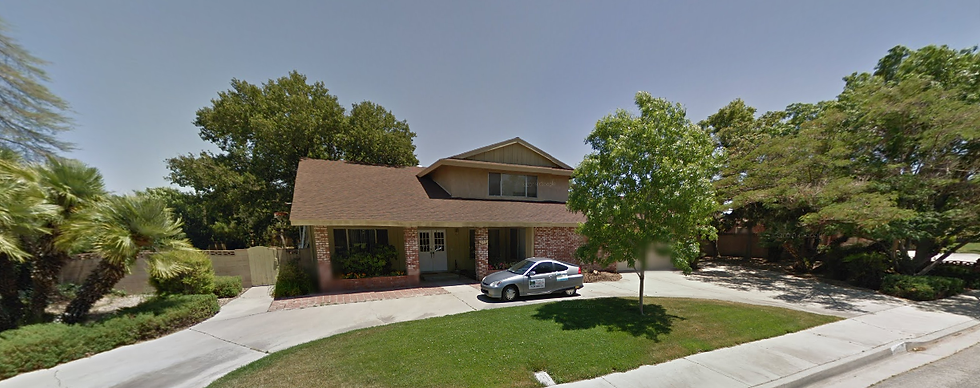- David Bernhart

- Mar 16, 2021
- 1 min read
I would like to express heartfelt appreciation to everyone who helped me celebrate my 62nd birthday today.
Many years ago, Bob Seger sang my philosophy:
He wants to dream like a young man
With the wisdom of an old man ...
You know the title of that song. Let's see if I make it.






























